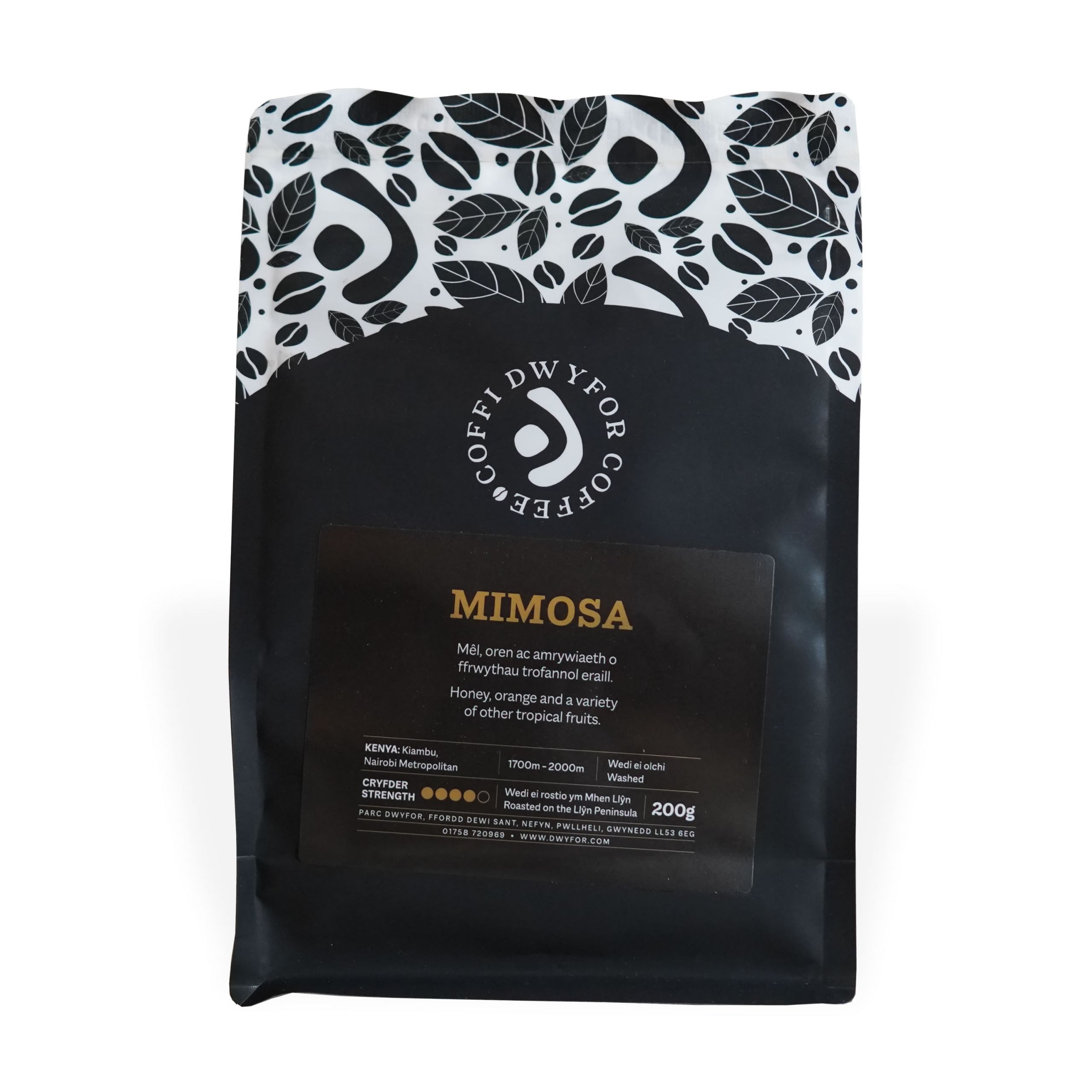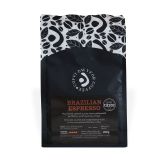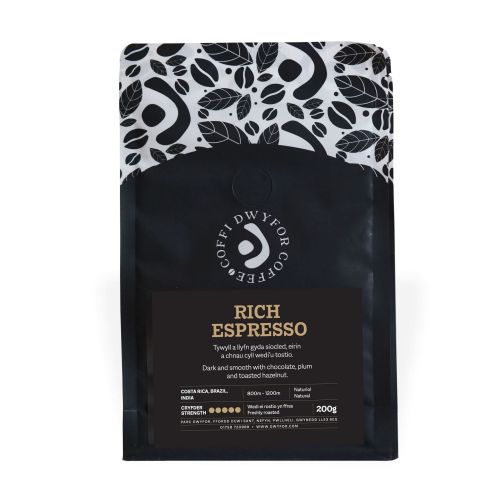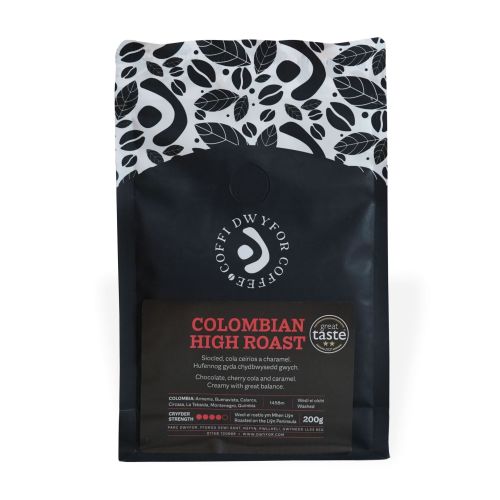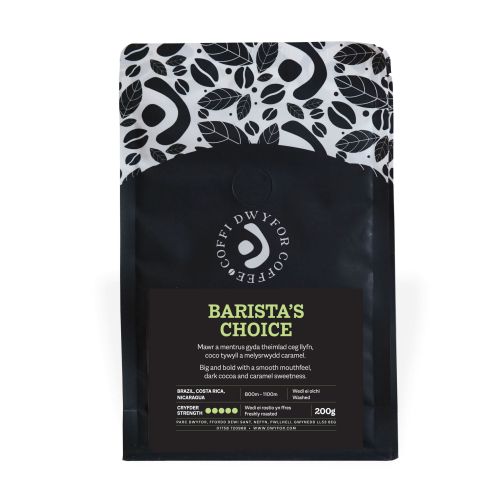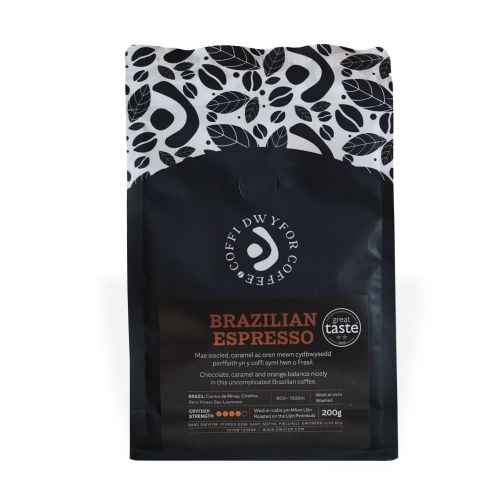Our Mimosa production, operated by the Barichu Farmers Cooperative Society, comprises over 600 smallholder farmers who cultivate coffee on plots averaging less than one hectare. These farmers employ sustainable agricultural methods, focusing on minimal environmental impact. They grow traditional Kenyan coffee varieties such as SL28 and SL34, known for their deep root systems that maximise water efficiency, as well as disease-resistant hybrids like Ruiru 11 and Batian.
The cooperative provides its members with training every two years, facilitated by the factory manager and supported by the Ministry of Agriculture. These sessions cover crop husbandry and sustainable farming techniques, ensuring that farmers are equipped with the knowledge to maintain high-quality production while preserving the environment.
Beyond environmental considerations, Mimosa places a strong emphasis on the welfare of its workers. The cooperative offers access to credit facilities for school fees, farm inputs, and emergencies, providing a safety net for its members. Additionally, the Barichu Farmers Cooperative Society has established a coffee shop on the factory grounds, generating income that helps lower operational costs and supports the local community.
The cooperative also promotes gender inclusivity, with 214 of its 698 contributing farmers being female. This approach aligns with broader efforts in Kenya’s coffee industry to address gender disparities and empower women in agriculture.
Mimosa coffee stands as a testament to the harmonious blend of quality production and ethical practices. Through sustainable farming methods, comprehensive training programs, and a focus on community welfare, the Mimosa Factory exemplifies how coffee cultivation can be both environmentally responsible and socially equitable. Consumers seeking a cup of coffee that supports ethical practices need look no further than Mimosa.
| Weight | 0.212 kg |
|---|---|
| Pack Size | 1Kg, 200g |
| Origin | Kenya |
| Coffee Type | 100% Arabica |
| Preparation | Coffee Beans, Ground Coffee |
| Strength | 4/5 |
| Roast | Medium |
